#30. Convenience Store Employee
As those stores are generally open until late and they sell alcoholic beverages, liquors and cigarettes, they tend to be a target for thieves.


As of April 2018, it was considered one of the most dangerous jobs for women because of the high rate of sexual attacks that took place during night hours. Certainly, it is risky for men too.
#29. Athletes, Coaches And Referees
Every sport presents its own inner risks and they are accepted by the sportsmen and women when they sign their contracts, but there are certain risks which are not considered when signing: The risks of Hooliganism.
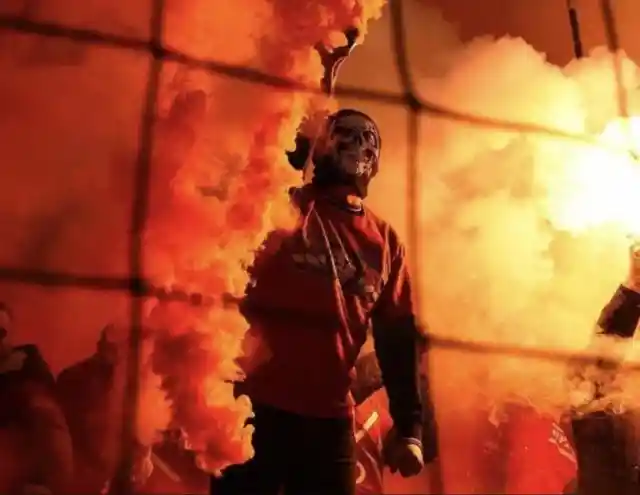
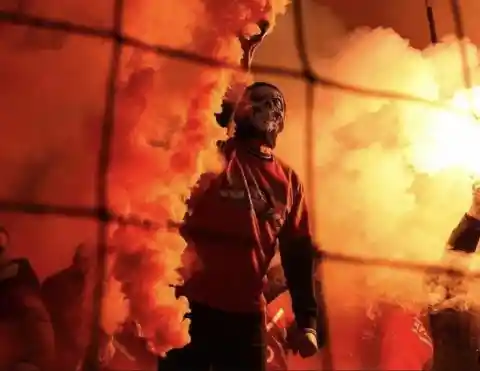
Sometimes, fans throw bottles or pepper gas to the rival team, causing them serious breathing problems and injuries. This behavior is prejudicial to the sport and that's why many stadiums are prohibiting the admission to away fans.
#28. Taxi Drivers And Chauffeurs
We all know that driving is a risky activity: you can get hit, you can crash, breaks can fail and you can lose control. On top of that, chauffeurs are exposed to the spontaneous violent reaction of a passenger or other driver.
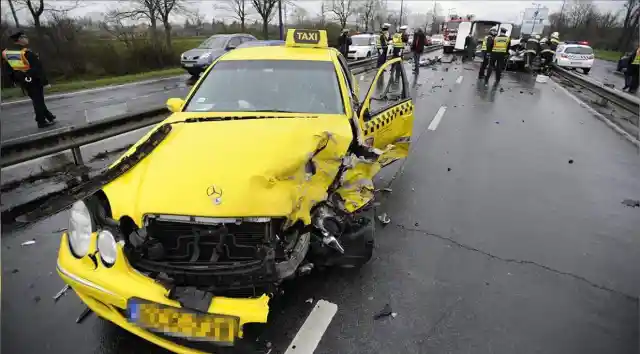
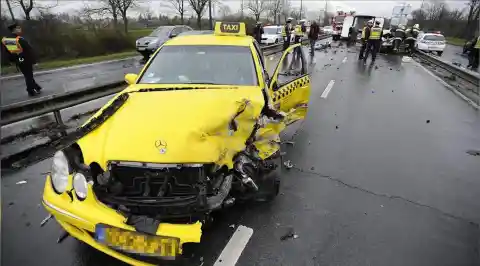
In some countries, Uber and Lyft drivers are targeted by taxi drivers because the latter group argues that those companies are illegal and are "stealing them their job opportunities".
#27. Agricultural Workers
The workers of the agricultural sector are exposed to severe injuries and fatalities as a normal basis because many of the machines they use may provoke terrible accidents.


But the unknown dangers of agricultural jobs are solitude and sadness. So, if you want to work in the agricultural sector, you must be resilient and calm and constantly seek comfort in your family and friends.
#26. Health Workers
These people are in charge of taking care of our health and they certainly do. But, they are also constantly exposed to severe diseases or injuries that may be detrimental to their health.
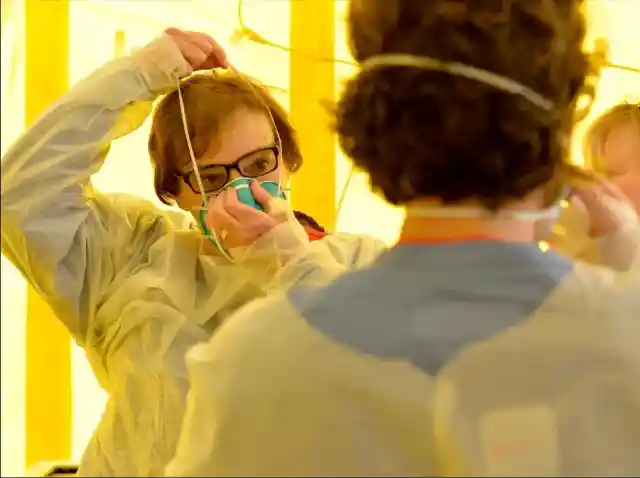
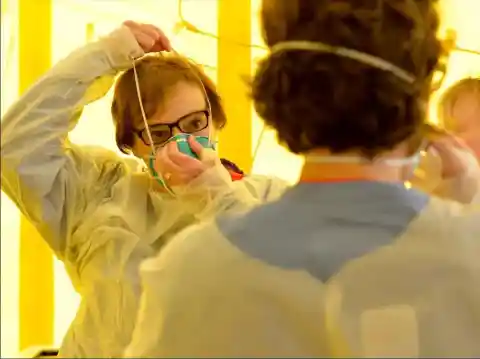
Recently, as a result of the COVID-19 outbreak, many nurses and doctors come down with the virus worldwide. So, if you want to pursue a career in medicine, be aware of what it takes!
#25. Bartenders
You may think that making cocktails and drinks does not pose a risk to your life. But, everywhere where booze is present, problems may easily arise. Bartenders cannot induce you to drink more and more because "it is their job".


On the contrary, if they see someone is too drunk, they have to intervene and decide to stop selling alcohol to that person, and more often than not, this reasonable attitude isn't welcome and bartenders may be reached by a punch or two.
#24. Plumbers
Certainly, plumbers do one of the most 'stinky' jobs: clogged bathrooms and kitchens may sure be problematic, and of course, may can trigger different occupational hazards.
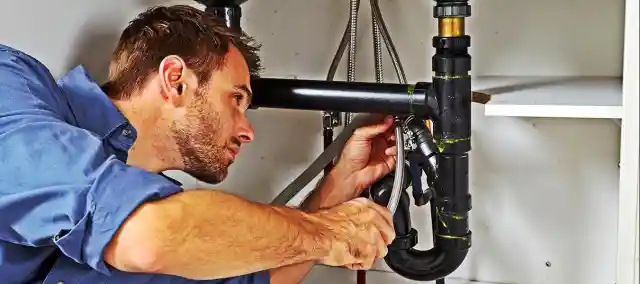
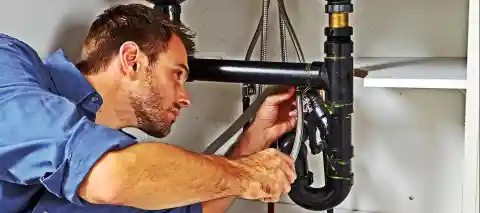
But, what you didn't know about their job is that exposure to asbestos may cause them different afflictions, from cough and pain chest to asbestos poisoning and lung cancer.
#23. Journalists And Photographers
We all know that war journalists are in constant danger, but there is no mystery in that. Nowadays, journalists and photographers may also be in danger during a football match or a protest if a riot takes place, since they may be hit by a throwing stone, for example.
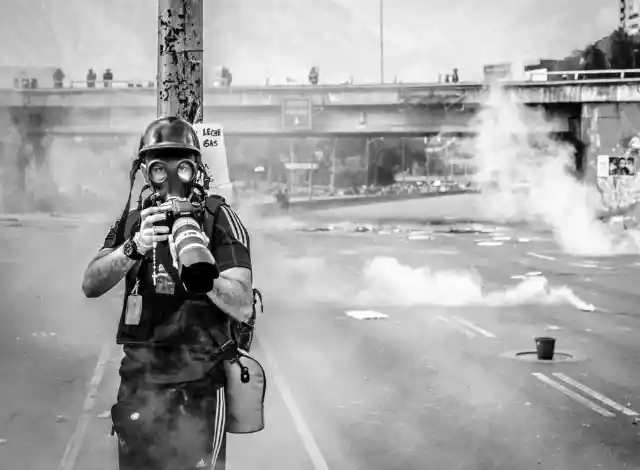
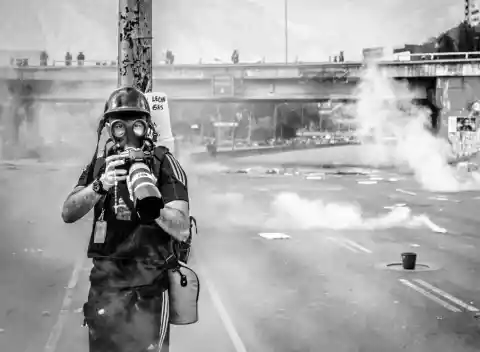
To the physical damage that may be caused, women journalists may add sexual harassment to the long list of risks (from their colleagues, boss, or even the person being interviewed).
#22. Arborists
Tree trimmers always have scratches on their bodies or splinters down their skin. However, arborists' worst enemies are mainly three: heights, (or rather, falling from them), power lines, and decaying wood.
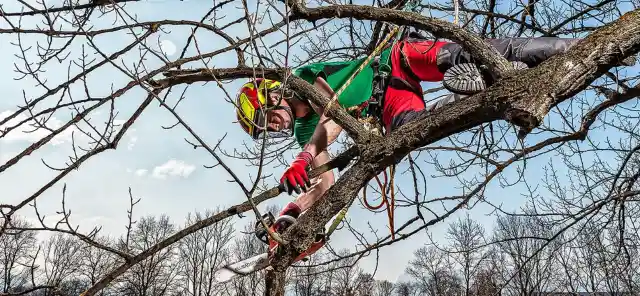
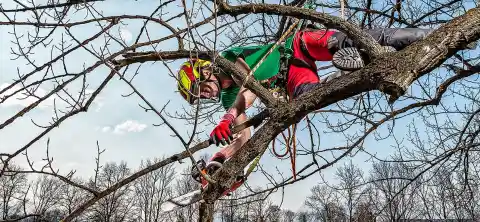
They may fall to death from those heights, electrocute themselves, or be hit by a rotting branch of the tree. That's why they should be equipped with safety harness, helmets, gloves and special machinery to do their job.
#21. Waste Collectors
Refuse and Recyclable Material Collectors -as technically known- working at the landfills and dumps are constantly exposed to toxic and hazardous materials, as well as disposable syringes, rotten meals and many other things that may affect their health severely.
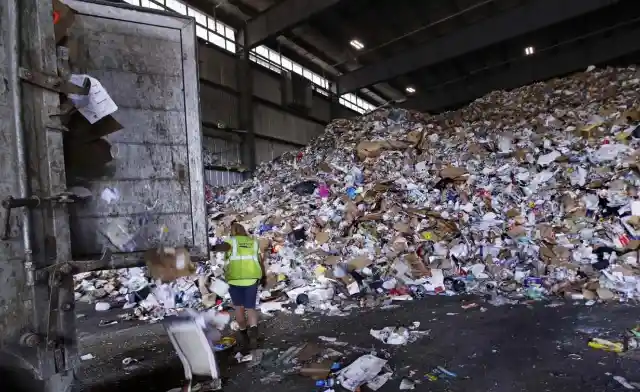
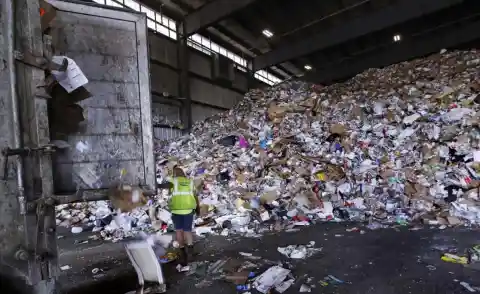
Among the many possible afflictions, irritation of eyes and skin, chronic bronchitis, pulmonary problems and infectious diseases are the most common.
#20. Fast Food Workers
As working in a fast food restaurant requires carrying out certain actions over and over again, many of the workers start doing it routinely, without paying much attention to it. As a result, they may get severely burned by accident.


The other problem is precisely the repetition that may turn your active mind into a lazy one... So, pay attention and don't take things for granted if you do not want to end in the hospital burn unit!
#19. Veterinarians
When people become veterinarians, it's usually due to their immense love for animals. But, of course, all that glitters ain't gold. The dark side of it is that vets tend to see many animals in need, suffering, or at the brink of death.


This may cause them depression, anguish and negative feelings that aren't healthy. After a bad day, they tend to isolate themselves to process everything and suffer in silence.
#18. Janitorial Workers
You could see them in the night shift at airports, schools, hospitals, banks, etc. Many of them are women and are left alone cleaning big places to the mercy of anyone there.
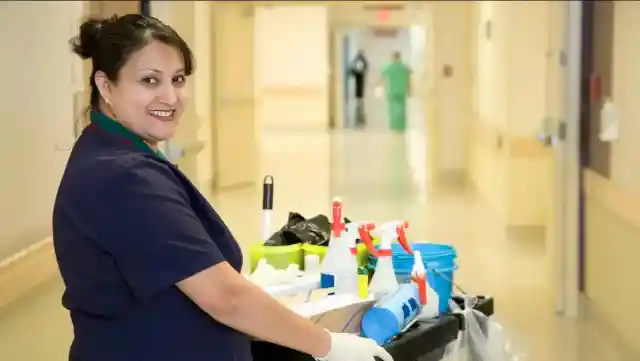

The biggest danger that many of them suffer is sexual harassment, so it's not uncommon for them to feel fearful and unprotected during their work shifts.
#17. Aircraft Crew Members
Everybody knows that aircraft crew members work long hours and have little time to rest. But what you didn't know is that pilots tend to drink just small amounts of liquids during flights to avoid the need to go to the bathroom.


According to the existing protocol, two members of the crew must be seated in the cockpit, so unless a flight attendant replaces the pilot or co-pilot, going to the toilet is not a possibility. This impossibility may cause them dehydration, urinary problems, bladder and kidney stones.
#16. Groundskeepers
Those who are in charge of the grounds maintenance are exposed to severe cuts and wounds due to the heavy machinery they use, but one of the unseen problems they may be victim to is chronic physical pain.
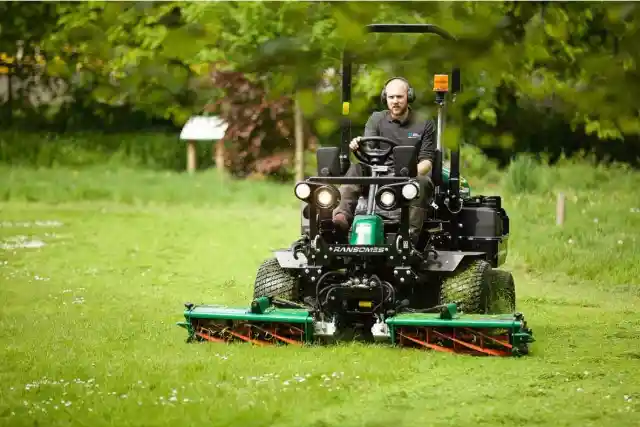
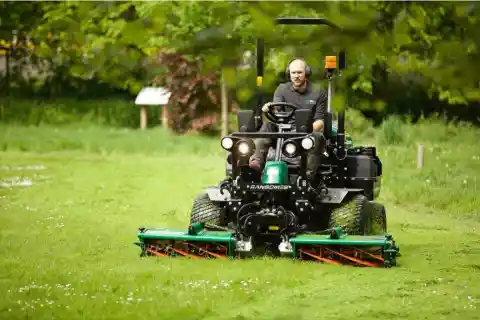
Groundskeeping is a challenging and tough job that requires doing a lot of physical effort for extended periods of time, even during harsh climate conditions. This may cause sprains, broken ligaments, and twisted ankles, among many others.
#15. Painters
Maintenance and interior painters are in constant risk of falling off from great heights, either from a stepladder or a bosun's chair. That's why slips and trips are a common occurrence.


Painters may also get intoxicated by the products they use, causing them from reddening eyes to hallucinations and breathing problems. So, be sure to use all safety equipment and protective supplies, if possible!
#14. Private Detectives And Investigators
PIs do not lead a life as fascinating as movies made us believe. They have to work for several hours, without a proper place to rest, always eating canned food or fast food products (aka, unhealthy food).


They have to stay vigilant in case their target is on the move, but as a result of proper sleeping, their overall health may be at risk, especially if they are driving. And, of course, they may also pose a risk for the rest of the people.
#13. Electricians
You might think electrocution is the most dangerous risk, and, in fact, it is. However, this is not the only reason why being an electrician is a risky business.


Considering that people must be highly qualified and skilled in order to become an electrician, the possibility of getting electrocuted is little compared to the possibility of falling off or tripping, which may result in permanent knees injuries or ankle sprains.
#12. Roofer
As any other out-of-the-ground jobs, roofing poses the risk of falling off and sustaining severe injuries, deep cuts or hard blows. But the list of risks doesn't end here.


Roofers may also face burns from being in contact with the chemicals used to do their job, and they can also be hit by decaying debris. They are also exposed to bad weather conditions as well as to power lines that may electrocute them.
#11. Airlift And Crop Dusting Aircraft Pilots
Crop dusting aircraft pilots may face the same risks than commercial aircraft pilots. However, in addition to that, these pilots may also be affected by the agricultural chemicals they spray all over the crops.
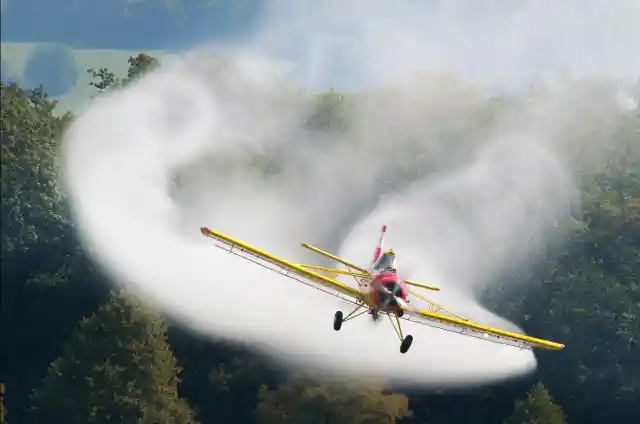
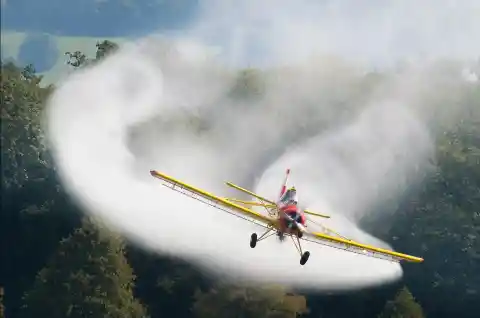
On the other hand, airlift and airdrop pilots face the danger of going into war zones to provide humanitarian aid to people in need, which poses an actual risk to their lives.
#10. Fishermen
Deep-sea fishers have one of the most dangerous jobs of all. A fatality can occur at any time: machineries may fail, your ship may sink, you may hit an iceberg, or trip into the ocean because of slippery surfaces.


On top of this, you must add the dangers posed by harsh weather and the fact that they leave their families for long periods to ensure them enough money to be sustained during seasonal fluctuations.
#9. Truck Drivers
Truck drivers work with a schedule and they have to travel long distances and be on time, sometimes crossing the entire country. Sometimes they don't rest as much as they should, putting at risk their lives and everybody else's.
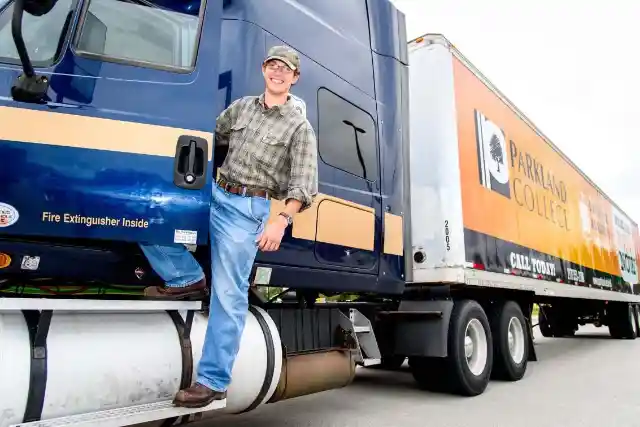

In addition to that, the things they transport in those trucks could vary from CNG to logs or steel bars which may pose a danger to others if the truck crashes or explodes. In the US, there is one fatality per day as a result of truck accidents.
#8. Occupational Divers And Scuba Divers
Occupational divers are generally employed to do certain tasks underwater, including civil engineering, archaeology, maintaining oil and gas platforms, welding, and laying submarine power cables.
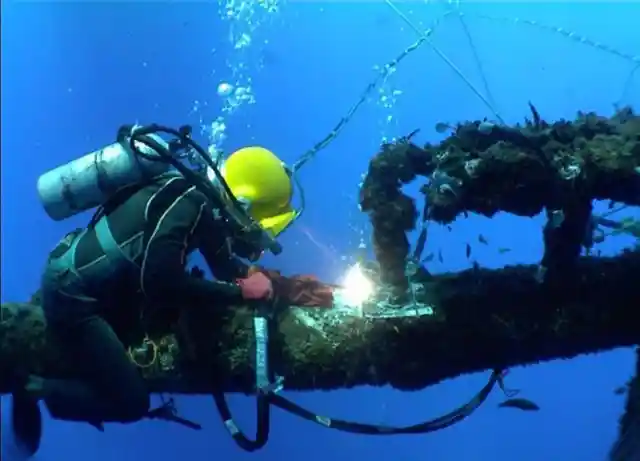
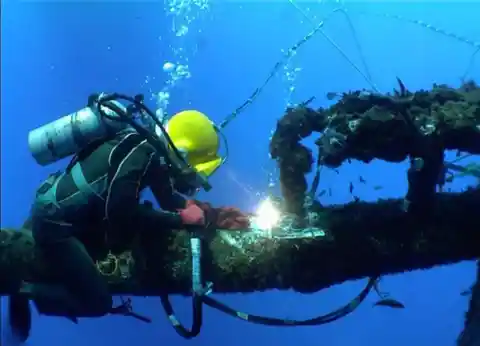
If they are not well-equipped, divers may suffer from rapid changes in pressure (Dysbarism) and their bodies may fill up with bubbles, causing them irreversible tissue traumas, brain damage, and even death. Hypothermia poses another great risk.
#7. Sailors
Sailors undergo military education, and this makes sense since many things may go wrong offshore: they are not exempt from harsh weather, natural disasters, or human errors.


What is more, they normally have to spend around half a year (or more) navigating the seas far from their families. Sailors of lower grade are in more danger because of their inexperience. They are often woken up at unhealthy hours by those of higher ranks to train.
#6. Elevator Constructors And Elevator Mechanics
Elevator installers and repairers have to work several hours at great heights, with heavy tools, and in restricted spaces. That's why they may develop chronic muscle strains, cramps and contractions as well as Rheumatoid Arthritis.
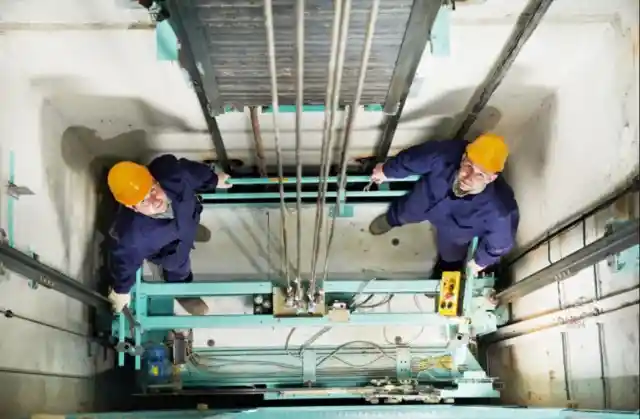
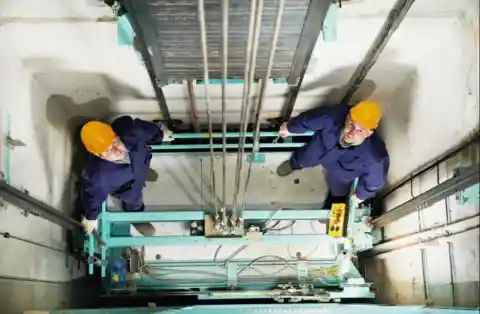
So burns, cuts and wounds are the lesser of the problems. Moreover, if they do not take the proper safety precautions, they may be at risk of falling off to their deaths. So, secure your harness because our TOP FIVE IS NEXT!
#5. Drain And Sewer Pipe Cleaners
Drain and sewer pipe cleaners do a job that requires to be able to stomach putrid odors and that's a fact. But, by virtue of their occupation, they may also be exposed to harmful gases, especially methane.
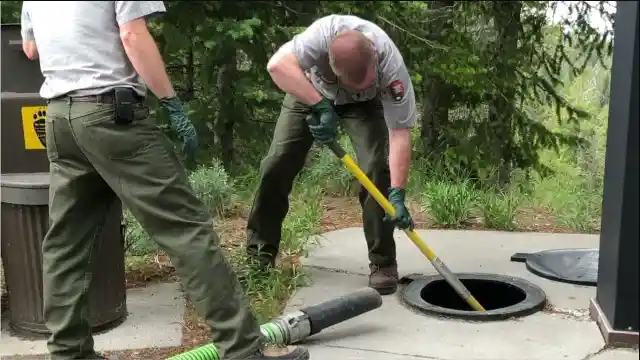
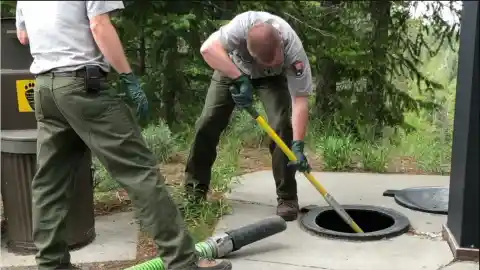
These gases may cause them serious health problems ranging from hepatitis, skin problems and breathing problems, to cardiovascular degeneration, disc herniation and osteoarthritic problems.
#4. Ironworkers
Iron crafters face many dangers throughout their workday. As they have to climb structures in order to assemble or install steel or iron beams in buildings or bridges, they are always at risk of falling off or getting cut by heavy and sharp materials.
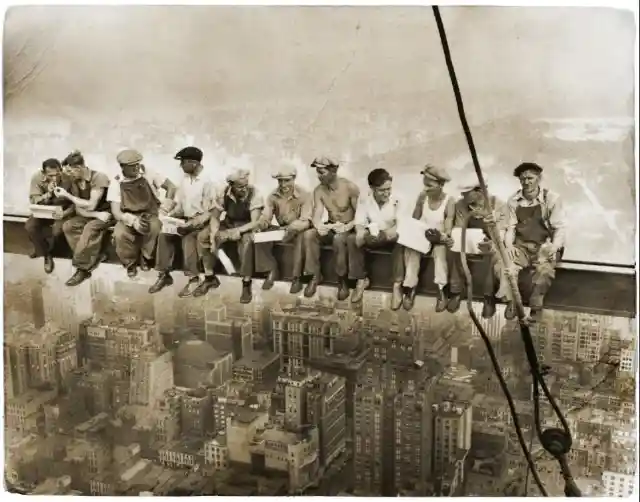
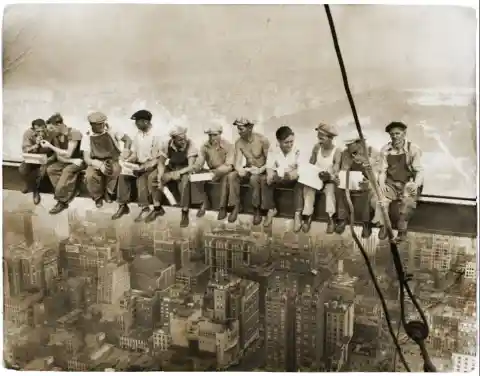
So, in order to avoid problems, they have to be very well-prepared, skilled, and unafraid of heights. Muscle pain and burns are very frequent occupational hazards that iron workers lead with.
#3. Power Line Workers
Power and telecommunications line installers and repairers may suffer a lot of injuries, falls, electric shocks and burns due to their jobs. They may also experience mechanical traumas or even death.
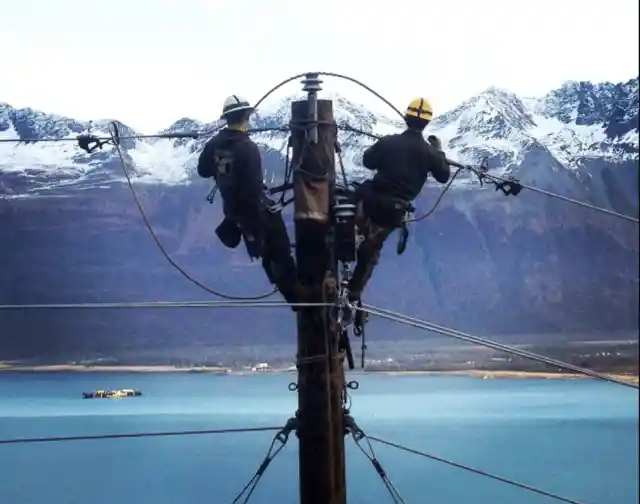
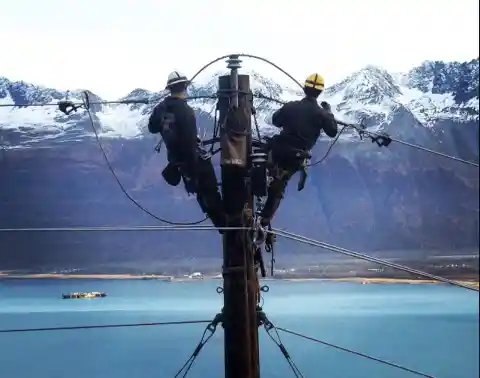
But to a certain extent, they are also full-time workers, since they have to abide by a nine-to-five schedule, but also have to be available during night, weekends and holidays to repair the lines if something is wrong. Is there any doubt that this is an exhausting job?
#2. Loggers
Logging is one of the most dangerous jobs known, since it requires being in remote areas, handling heavy and dangerous machines, at the mercy of harsh weather, and far from well-equipped hospitals.
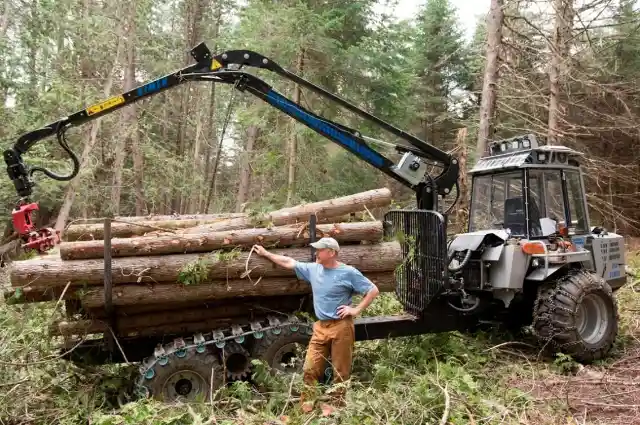
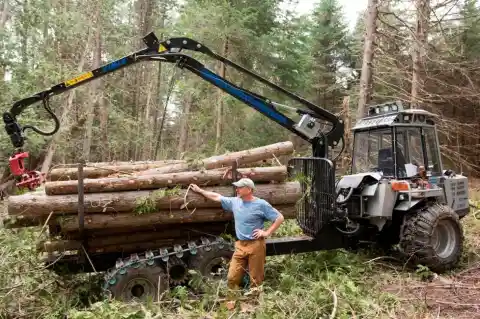
One of the main dangers for loggers are extreme terrain and falling trees, because they are unpredictable. It doesn't matter if you are prepared, skilled or well-protected: if a tree falls to the ground it may struck you in the head no matter what.
#1. Coalmine Workers And Miners
Mine workers do their jobs underground, and that is in itself a risk because it may be difficult to breath at a normal pace. In addition to that, cave-ins and explosions may occur due to the materials they handle down there.
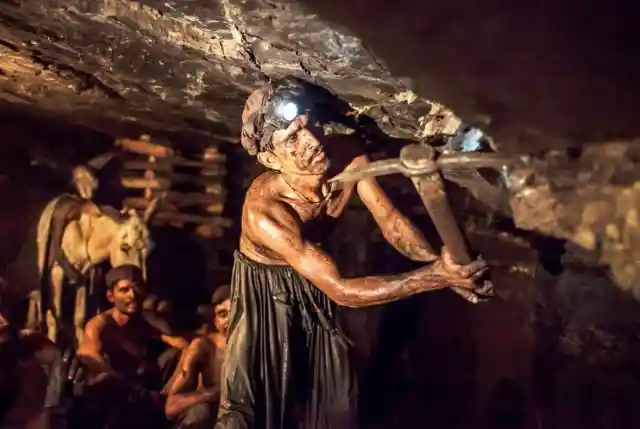
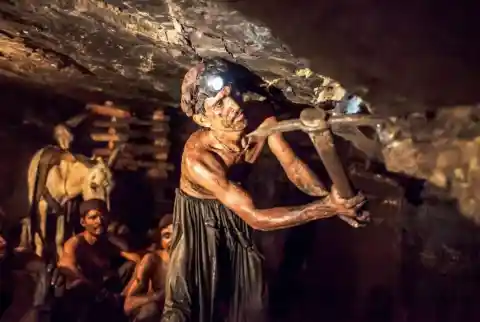
If a cave-in occurs and it takes too much time to rescue the miners (as happened to the 33 of Chile), this may lead to dehydration and starvation, and even death. But miners are also exposed to some invisible risks like carbon monoxide and methane gas that may cause chronic diseases and lung cancer.